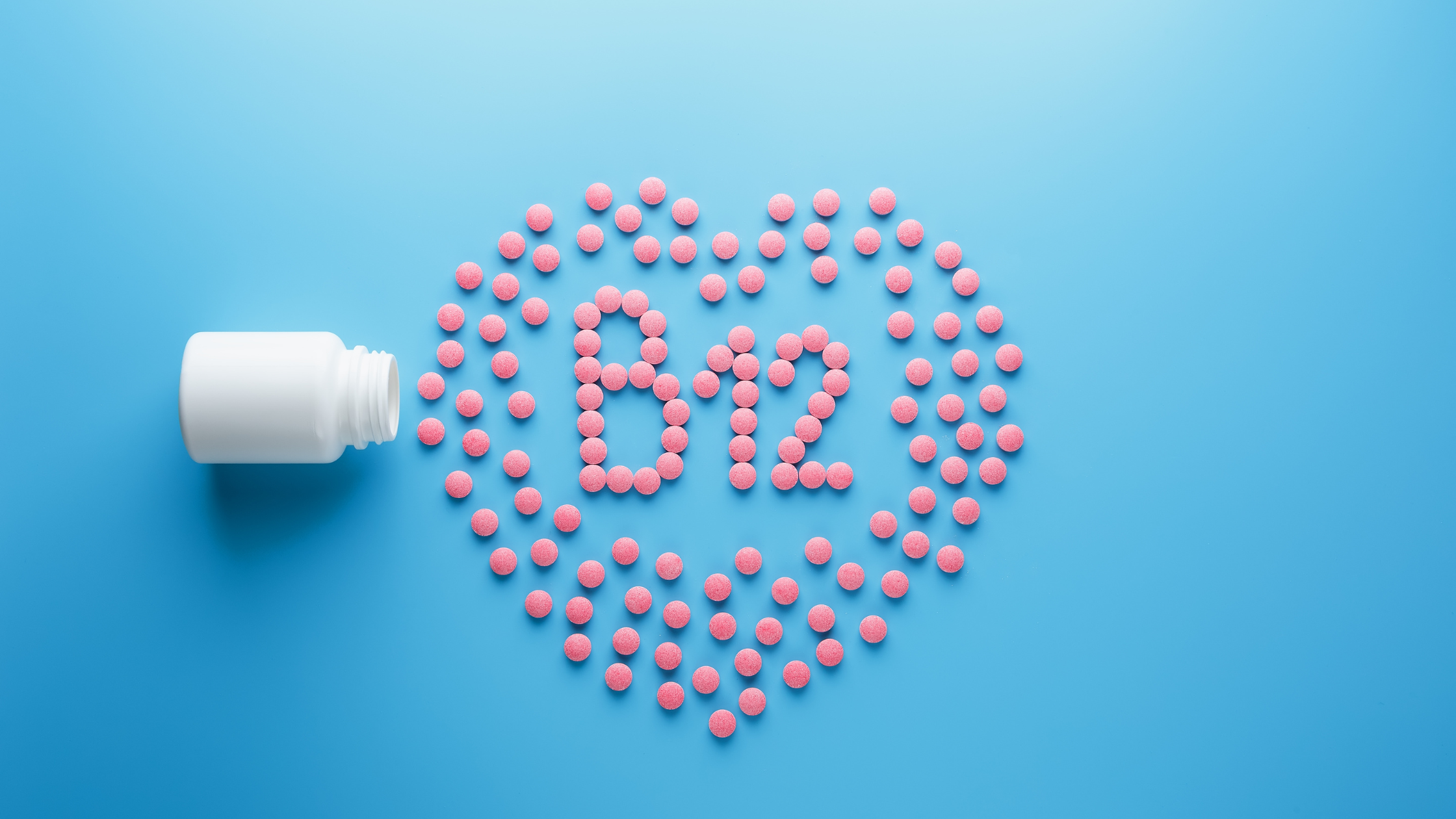If you’re over 30, vitamin b12 for women is key in maintaining optimum health. Note that vitamin B is key to long-term energy, mood stability, and cognitive health.
Why Vitamin B12 Matters for Women 30 and Up
Vitamin B12, also known as cobalamin, is a water-soluble vitamin that supports some of your body’s most vital functions. As we age, B12 absorption declines—especially due to stress, digestive changes, or medications like antacids and metformin.
Women over 30 often juggle intense mental demands, hormonal fluctuations, and growing fatigue. Without adequate B12, even a nutrient-rich diet may not be enough to feel vibrant, focused, and energized.
Key Benefits of Vitamin B12 for Women
1. Energy Production
Vitamin B12 is required to convert food into energy. It supports the mitochondria, which are responsible for powering every cell. Without enough B12, fatigue becomes more likely, even if sleep and nutrition seem adequate.
2. Brain and Nerve Function
This vitamin is crucial for healthy nerve transmission and memory retention. It supports the myelin sheath, the protective layer around nerves, helping prevent brain fog, mood swings, and forgetfulness.
3. Red Blood Cell Formation
B12 plays a direct role in forming healthy red blood cells. Deficiencies can lead to megaloblastic anemia, resulting in tiredness, weakness, and pale skin.
4. Hormone and Mood Balance
By supporting neurotransmitter synthesis (like serotonin and dopamine), B12 influences emotional resilience, stress response, and overall mood regulation.
How to Know If You’re Low in B12
Vitamin B12 deficiency can develop slowly and present subtly. Common symptoms include:
- Chronic fatigue or weakness
- Brain fog or memory issues
- Tingling in hands or feet
- Irritability or low mood
- Dizziness or shortness of breath
- Pale or yellowish skin
Risk factors include:
- Vegan or vegetarian diet
- History of digestive issues (IBS, celiac, low stomach acid)
- Regular use of acid-blocking meds or metformin
- Over 50 years of age
Testing and Optimal Ranges
Ask your healthcare provider for:
- Serum B12 test: Ideal range is typically 500–900 pg/mL
- Methylmalonic Acid (MMA): More sensitive for early deficiency
- Homocysteine: Elevated levels may indicate poor B12 function
Best Ways to Get Vitamin B12
1. Food Sources
Vitamin B12 is only found naturally in animal-based foods:
- Organ meats (liver, kidney)
- Clams, tuna, salmon
- Eggs and dairy
- Fortified nutritional yeast or plant milks (for plant-based diets)
2. Supplements
If you’re at risk of deficiency, supplementation is safe and effective:
- Choose methylcobalamin or hydroxocobalamin forms for better absorption
- Available in capsules, sublingual tablets, sprays, or injections
- Typical daily dose ranges from 500 mcg to 2000 mcg depending on needs
Related Reading
Explore all five critical vitamins for women 30+: Top 5 Vitamins Women Over 30 Should Track
FAQ: Vitamin B12 for Women
Can I take B12 every day?
Yes. B12 is water-soluble, and your body excretes what it doesn’t need. Daily supplementation is generally safe for most women.
Is B12 deficiency reversible?
In most cases, yes—especially when caught early. Supplementation can restore energy, cognition, and nerve function over time.
How long does it take to feel better on B12?
Some women notice improvements in energy or clarity within days, while others may take weeks depending on severity and absorption.
Can I be low in B12 even with a good diet?
Yes. Digestive issues or certain medications can impair absorption even if intake is adequate.
Is B12 safe during pregnancy or perimenopause?
Absolutely. B12 supports fetal development, hormone balance, and maternal brain health. It’s important to ensure optimal levels.
What’s the best B12 form for vegans?
Look for methylcobalamin or cyanocobalamin in sublingual or spray form. Fortified foods help but are often not enough alone.
A Word From Vitamins For Woman
When your mind is sharp and your energy is strong, life feels more doable. Vitamin B12 is a small but mighty ally that supports your brain, mood, and vitality through every stage of womanhood. Testing, replenishing, and listening to your body are empowering steps. If you’re feeling off, B12 might be the reset you need.
References
Stabler, S. P. (2013). Clinical practice: Vitamin B12 deficiency. New England Journal of Medicine, 368(2), 149–160. https://doi.org/10.1056/NEJMcp1113996
O’Leary, F., & Samman, S. (2010). Vitamin B12 in health and disease. Nutrients, 2(3), 299–316. https://doi.org/10.3390/nu2030299
Allen, L. H. (2009). Causes of vitamin B12 and folate deficiency. Food and Nutrition Bulletin, 29(2_suppl1), S20–S34. https://doi.org/10.1177/15648265080292S105
Shipton, M. J., & Thachil, J. (2015). Vitamin B12 deficiency – A 21st century perspective. Clinical Medicine, 15(2), 145–150. https://doi.org/10.7861/clinmedicine.15-2-145
Hunt, A., Harrington, D., & Robinson, S. (2014). Vitamin B12 deficiency. BMJ, 349, g5226. https://doi.org/10.1136/bmj.g5226






